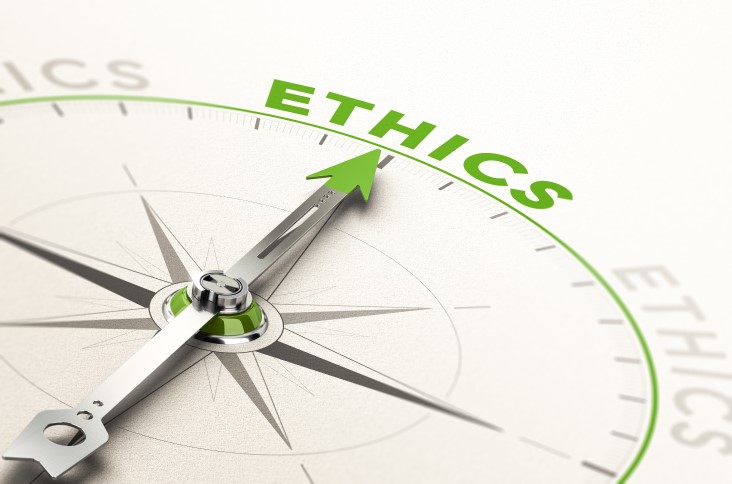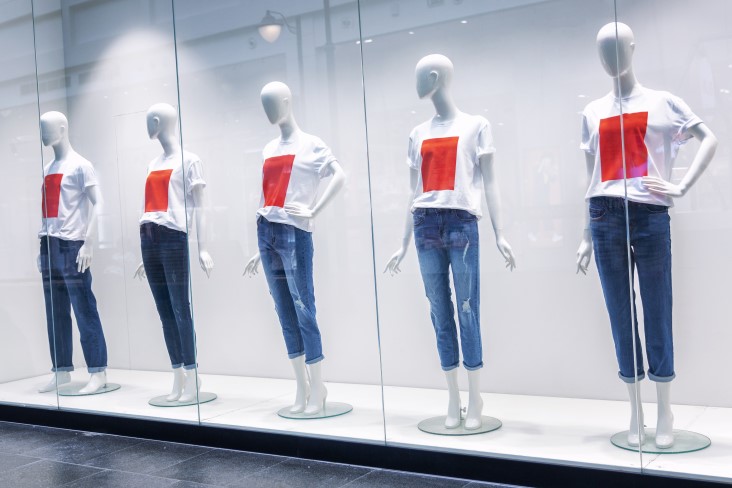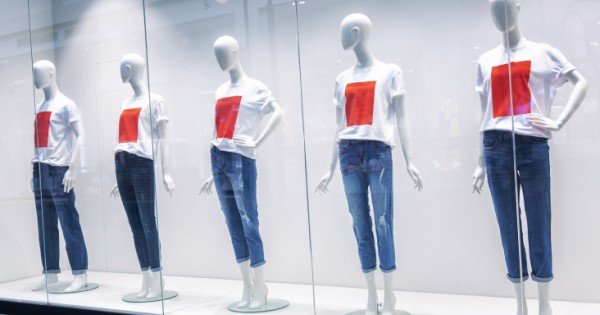
No matter which industry you’re observing, at some point, you’re going to have to look at ethics and social responsibility in business. That includes the beauty industry. As beautiful as these products can make you, the beauty industry can sometimes have a negative impact on the world: underpaid and exploited workers, toxic chemicals and lapses in safety are unfortunately common occurrences in the beauty industry. You may be able to make a difference.
Helping People First
Too often, both individuals and companies think charity is the best way to help people. To that end, they tend to make a profit, then dedicate some measure of those profits to a charity that puts that money toward helping disadvantaged individuals. However, if you can start helping people long before you ever make a profit, it’s easier to reach out directly.
This type of direct action, where you directly influence individuals’ lives, avoids making the problem worse in the first place. Plus, it avoids the necessary expenses that charities incur as part of their operation. If you choose to help people directly, whether it’s your own personal choices or it’s choices you make as part of a business, you can make more of an impact, dollar for dollar.
Poverty at Home and Abroad
Poverty is a problem around the world. You can’t just think about poverty in your community, your state or even just your country. It’s important to take into account the global impact of poverty as well. That’s one of the reasons it’s so essential to support businesses and individuals that do work in combatting poverty worldwide, not just those at home.
Although “Made in the USA” products can definitely help poverty at home, that shouldn’t be the only type of poverty that concerns you. When you see a transparent and socially responsible company that utilizes manufacturing in other countries, look into why. Don’t blacklist companies that don’t manufacture in the United States; make sure instead that they’re using high-quality materials and ethical sourcing and manufacturing methods.
Making Better Choices When Possible
The idea behind more ethical companies is that people will make the decision to purchase from those companies rather than the less ethical ones. These products may be more expensive due to the fact that the companies pay workers a living wage and don’t cut corners. However, for many people, that expense is justified.
An important thing to remember is that the cycle of poverty affects purchasing decisions everywhere. If you or someone you know doesn’t have the money to make those more ethical purchasing decisions, that’s not shameful. You can still make a positive impact by choosing to purchase these ethical products when possible. Plus, helping those in the community around you goes much further than just your money. Pitch in time with local organizations, help educate those around you on ethical standards, and make sure your life choices reflect your beliefs.
#LOOKFORTHETAG by Pivot Point
Pivot Point is a global leader in beauty education tools and products, and it takes that responsibility very seriously. By requesting and achieving SA8000 certification, it’s ensured the quality of its products and the quality of life of the people who make them. The SA8000 tag on all its mannequins showcase that commitment and ethical nature. In the inspirational #LOOKFORTHETAG video, Pivot Point explains why this was such a big deal for them and how they hope to make people’s lives better moving forward.
Conclusion

Social responsibility is just that: a person’s or company’s responsibility. It’s not something people should choose to opt into. It’s something people should live up to. Beyond the #LOOKFORTHETAG campaign, it’s important to pay attention to how social responsibility and transparency play a part in everything you purchase every day. If you’re able to make more ethical choices in your purchasing and living habits, even very occasionally, you can become part of the movement to treat people like people, rather than like machines. Partner with brands that care, like Ogle School, to really give a voice to the underprivileged.



